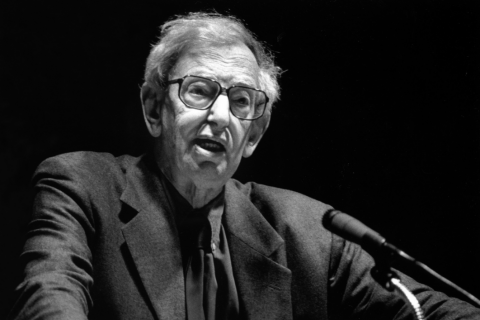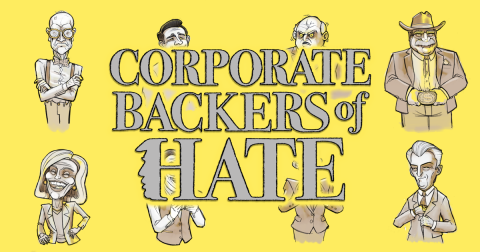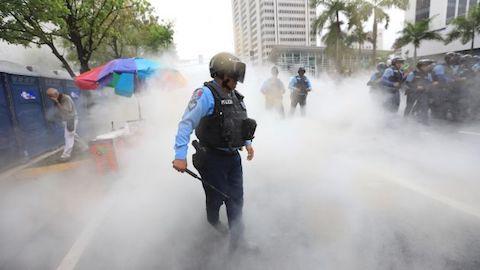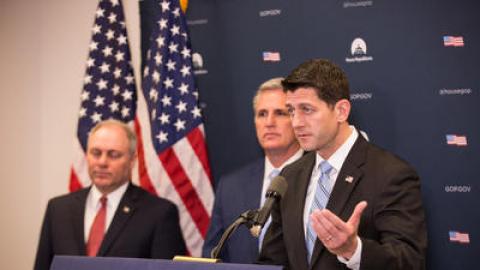Trump’s First 100 DAYS: Immigrant Women and Families on the Frontlines
We Belong Together

While the executive orders, guidances, rhetoric and tweets of the past 100 days have stirred fear and anxiety in communities around the country and the world, immigrant women and women of color have continued to raise their voices, by organizing, mobilizing, engaging members of Congress and local elected leaders, in order to lead and defend our democracy.









Spread the word